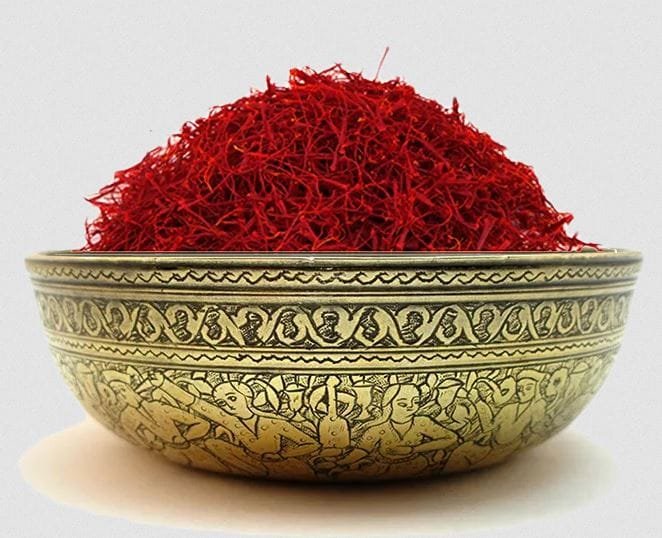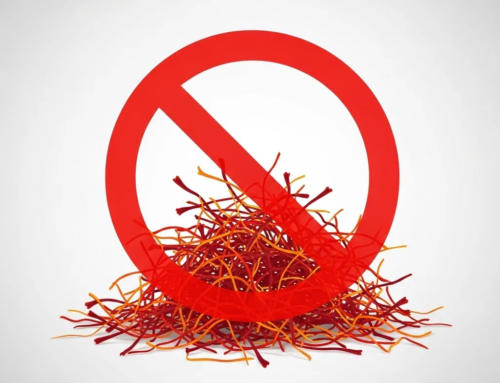 Everything About the Side Effects of Saffron
Everything About the Side Effects of Saffron
Saffron Side Effects: Saffron is a commonly used spice and is generally safe for most individuals. However, in some cases, consuming it in large quantities may lead to negative effects, which we will explore below.
Potential Side Effects of Saffron Consumption
While saffron offers numerous health benefits and is used to add flavor and fragrance to foods and drinks, excessive consumption can cause some undesirable effects. We will address these in more detail.
How Saffron Affects Heart Health
For individuals with thin blood, saffron may pose certain risks. While thin blood can improve heart functioning, excessive saffron consumption may cause discomfort such as nosebleeds due to its blood-thinning properties.
Effects of Saffron on the Liver
For some individuals, consuming saffron may cause stomach upset. This could be a result of compounds like crocin and safranal present in saffron, which may not be tolerated by every individual.
Possible Adverse Effects of Saffron for Men
Potential side effects of saffron for men include:
- Lowered heart rate
- Feeling lightheaded or dizzy
- Possibly experiencing bleeding around the eyes and lips
- Nausea and discomfort
- Drop in blood pressure
- Nosebleeds from blood thinning
Saffron’s Impact on Women’s Health
Pregnant and breastfeeding women should exercise caution when consuming saffron. Its components may not be suitable for a newborn’s delicate digestive system during breastfeeding.
Effects of Saffron on Blood Pressure
If you have low blood pressure or are on medication to manage it, saffron may exacerbate the issue by further lowering your blood pressure when combined with certain medications.
The Impact of Saffron on Kidneys
Excessive consumption of saffron can potentially affect kidney health. Overuse might cause side effects such as loss of appetite, headaches, fatigue, yellowing of the skin, and dizziness.
Is Saffron Safe for Children?
In moderate amounts, saffron is generally safe and may even have health benefits for children, such as improving vision, bone strength, and reducing fever. However, it’s recommended to avoid giving saffron to infants under six months old. Always consult a pediatrician before introducing saffron into a child’s diet.
Saffron’s Safety for the Liver
Saffron does not usually harm the liver and, in fact, can support liver health in several ways:
- Improves conditions like fatty liver
- Has anti-inflammatory effects
- Helps eliminate toxins from the liver
Final Thoughts
Though saffron is a beneficial spice, overconsumption can lead to side effects. It is important to consume saffron in moderation to enjoy its health benefits while avoiding potential risks.







Get Social